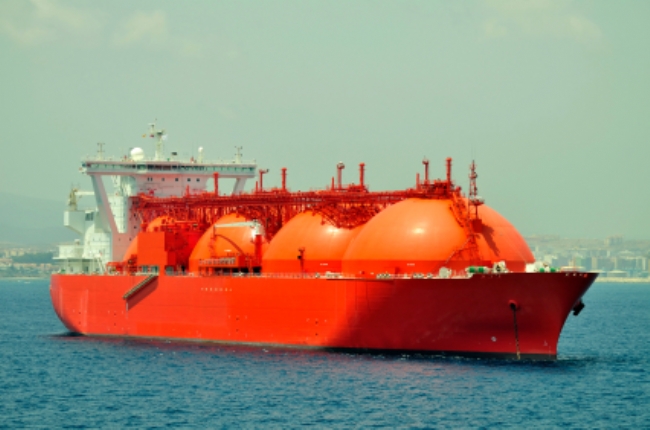Changing Course
Share this blog
Latest Maritime Vacancies
Global HR Director – Europe
Claims & Insurance Manager (Part-time) – London
Legal Counsel (Marine Operations) – London
Insurance Executive – Singapore
Operational and Commercial Pricing Analyst- London
LNG FUEL

HAVE you been seeing all this stuff in the press about LNG and wondering what it’s all about? Well, with a little help from a recent article we read by Lloyds Register, we’ll try to shed some light.
First, note that most gas engine innovation has been in small ferries and offshore vessels using medium speed engines. These relatively small engines are not suitable for large ships but new arrangements with two main engines in parallel, with twin shafts, could be seen soon. And offshore support vessels have been ordered with four engines – two conventional diesels and two gas equivalents of the same engines. This gives the operator flexibility now, as well as the option at a future date to convert the two diesels to pure gas. Meanwhile, we are now starting to see manufacturers marketing slow speed gas engines capable of powering larger ships.
Ships aside, one of the biggest obstacles to widespread use of LNG as fuel is the lack of bunkering infrastructure. However, about a third of existing bunkering locations are not only close to sources of LNG but are in Emission Control Areas (ECAs), making the need to permanently reduce emissions in the medium to long-term imperative. So, watch this space as they say.
The regulator is coming, but there is also a large proportion of owners who are unsure about how they will comply with emission regulations, especially tanker and bulk carrier owners. Whilst LNG and dual-fuel engines are seen as a long-term option and objective particularly for container ship and cruise ship owners, most shipowners see marine gas oil as a short-term solution. Exhaust gas scrubbers are actually seen as the likely option to mitigate emissions.
So, LNG offers a long-term option to deal with ECA regulations and is seen as a solution particularly suited for ships on liner trades but is less likely to see big take up in the bulk trades, where scrubbers abound. We’re tempted here to crack a joke about sailors having a scrubber in every port, but we suspect it might get lost in translation!
For LR’s full study findings on LNG fuel, visit: www.lr.org/lngasfuel.